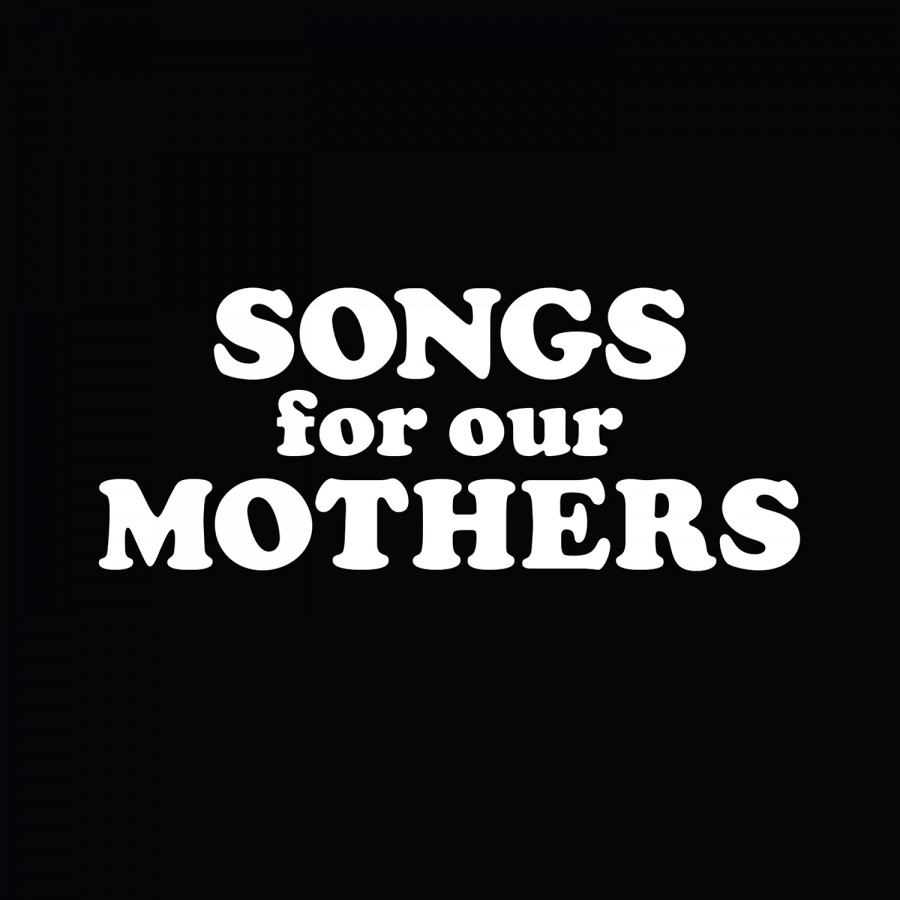Songs For Our Mothers Album Review
April 8, 2016
Styles: glam punk, folk, “Scary Sounds of Halloween” CDs
Others: Nick Cave & The Bad Seeds, Jack Name, Suicide
Is there any dispute that the era of musical shock has been long nullified, that controversial music in some fashion is an outdated gimmick? Velvet Underground’s influential masterpiece White Light/White Heat, entailing drug abuse and a distant boyfriend being accidentally murdered by his partner first made waves in 1968; synth-punk duo Suicide’s debut released in 1977, the same year as Sex Pistols’ “God Save The Queen”; the various artists compilation Let Them Eat Jellybeans!, from which Feederz’ infamous “Jesus” spawned, came out in 1981; GG Allin’s death in 1993 must have certainly heralded the demise of these purposeful atrocities. Yet in 2016 Fat White Family still immerse themselves in this motivation of quick thrills, and with their skill it’s quite a shame.
The UK band’s latest full length Songs For Our Mothers is glammy and fervent but atmospheric, perhaps indulgently so, to the point of negating much tangibility of essentially everything but especially lyrical clarity. Because of this, the potential to craft an unsettling explication of moral decay sours like a flavorless stew left out for a few decades too long. “Duce” is backed by a lethargic, swung beat, vocals that have an octaval harmony but are completely hushed away, and a wispy tinge of Middle Eastern influence. A corpulent buzz paints “We Must Learn To Rise”, a seven minute dud that falls far from invoking genuine intrigue. That industrial sludge envelops the tempo of most songs on the album, restraining the ideas to an almost lifeless, drugged-out throb.
When not ghoulish and lurking, Fat White Family’s tendencies become often folk-oriented. But whereas genuinely repulse-invoking musicians (for example Xiu Xiu on 2003’s A Promise) utilize folk music in both progressively and in a sense that trivializes traditional musical roots, Songs For Our Mothers’ spaghetti western flares come off with ambiguity, whether satirical or an attempt to be innovative. Instead the band merely sounds kitsch on cuts like “When Shipman Decides” or “Lebensraum”, the latter of which bathes in the same rhythmic molasses bore that breaches the creative perforations on too much of the tracklisting.

This album is certainly not without its merits; the Throbbing Gristle imitating “Whitest Boy On The Beach” is danceable, catchy, and builds to momentous heights in a style that, though putting up the 20 Jazz Funk Greats facade, is inspired by early 70s krautrock groups like Neu and Cluster. Another krautrock-heavy track, “Tinfoil Deathstar”, is similar to the aforementioned single but not criminally so. At its skin-crawling vibrato synth peaks it’s so spooky it could be mistaken for Vincent Price leading a dance group. “Hits Hits Hits” is submerged in an intoxicated stagger with layered guitars and jungly drum machine. Still though, the vocals are always intangible so whatever certainly crude narrative being crafted is indecipherable. But the factor that possibly differentiates these tracks is their dynamicism, their willingness to explore melodic capabilities in a creepy but captivating fashion. The self-proclaimed freak show here has flashes of musical introspection and craftsmanship. Ultimately, it’s disappointing that they don’t carry throughout.


